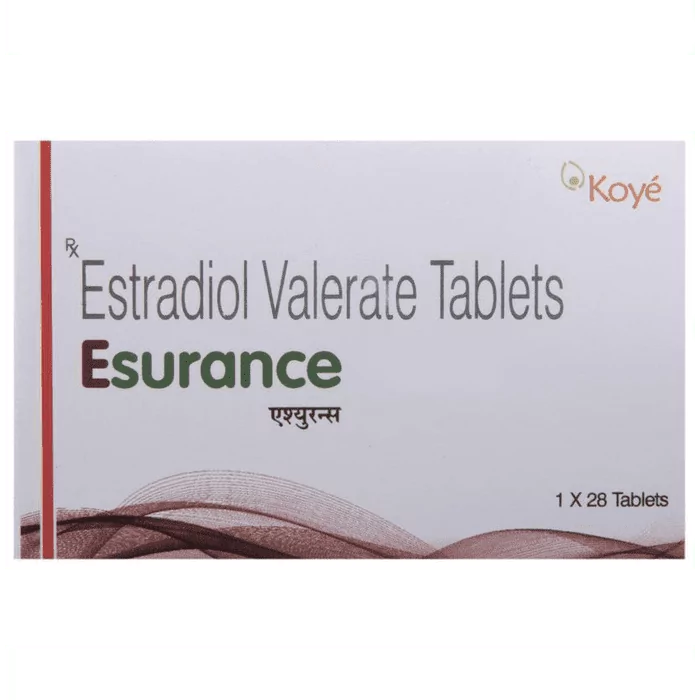Acne is a very common skin condition among both men and women, which can happen due to several factors.
Women commonly experience acne during Menopause, besides other symptoms like headaches and hot flashes.
Menopause acne breakouts happen spontaneously and often affect the self-esteem of an individual.
It is important to learn about the underlying causes of acne during Menopause for its proper treatment.
This article will discuss the connection between acne and Menopause, its associated symptoms, and its management.
Connection Between Menopause and Acne
It is essential to understand the aspects of Menopause that result in acne in women.
According to research, women experience Menopausal acne mainly due to hormonal imbalance.
With the start of Menopause, the Androgen (male hormones) levels increase in a woman, which results in acne.
The increased Androgens enhance sebum production, an oily substance that prevents one’s skin from dying out.
Increased sebum ultimately starts collecting itself under the skin, resulting in acne breakouts.
This breakout happens as a form of symptom during Menopause, mainly around the 40s and 50s.
Acne due to Menopause usually lasts as long as this particular phase lasts.
Are you curious to learn more about the duration of Menopause? Read Understanding the Duration: How Long Does Menopause Last?
Save up to 90% on your medicine bills

Progynova 2 mg

Oestrogel 2.5 gm / 1.5 mg

Estrabet 2 Tablet

Esurance Tablet
Symptoms Associated with Acne During Menopause
 Source: elenavagengeim
Source: elenavagengeimThere are several associated symptoms of Menopause besides acne, such as weight gain, belly fat, headaches, and hot flashes.
Women often experience Menopause acne on the chin, jawline, and neck, which is deeply cystic in nature.
The high Androgen production also results in Hirsutism in several individuals.
Additionally, other effects of Menopause on one’s skin include the thinning of collagen and a reduction in the elasticity of the skin.
Collagen is important for providing structure and support to one’s skin.
Hence, the thinning of collagen can increase sagging and wrinkles on one’s face and body.
Treatment for Menopause Acne
The treatment for Menopausal acne may often require several approaches since its main cause is hormonal imbalance.
Natural remedies for Menopause acne usually include regular exercises to improve hormonal balance.
Maintaining a proper Menopause diet and avoiding high-oil-content foods can also prevent breakouts.
Doctors may suggest opting for Estrogen Hormonal Therapy to reduce skin sebum levels, treating hormonal acne.
Using Retinoids and gentle face cleansers can also prove beneficial for menopause acne.
Conclusion
Besides the symptoms like weight gain and hot flashes, Menopause acne is also very common in women.
Acne during Menopause happens due to increased Androgen production, which results in enhanced sebum production.
Excessive sebum results in the collection of oil under the skin’s pores, leading to acne breakouts.
Individuals experience acne during Menopause, mainly around their chin, jawline, and neck.
Other associated symptoms of Menopausal acne include wrinkles, sagging skin, and reduced collagen.
Women can exercise, maintain a proper diet, opt for hormonal therapy, and wash their faces regularly to prevent acne.
However, it is always best to consult your doctor to receive proper guidance regarding the management of Menopause acne.

Frequently Asked Questions
How long does Menopause acne last?
The duration of Menopause acne varies widely among individuals. While some may experience it for a short period, others may experience it for the entire duration of Menopause. Hence, it is always best to get medical help in order to manage the acne.
What does Menopause acne look like?
Menopause acne appears as deep, stubborn pimples, often on the chin and jaw.
They might be tougher to treat than regular acne, and the skin can feel different and more sensitive. Sometimes, there are dark spots left after the pimples, making them stand out.
How do doctors diagnose acne after Menopause?
Doctors diagnose Menopause acne by examining the patient’s medical history, its location, and characteristics of the acne. They may also conduct hormonal tests to check if the Androgen levels are high.
Are there any supplements that can be beneficial for treating Menopausal acne?
Yes, certain supplements can help in managing Menopausal acne. Omega-3 fatty acids, zinc, and vitamin A support skin health.
Evening primrose oil and black cohosh may also help in balancing hormones. However, it is important to consult with a doctor to choose the best option for an individual.
Can Menopause acne be a sign of other health issues?
Yes, Menopause acne can be a sign of other health issues. These include insulin resistance, abnormalities in the thyroid gland, and high Prolactin hormone levels.
These conditions can require immediate medical conditions in serious situations.
Cheap Medicine Shop only refers to credible, authoritative sources for our content. If you’re curious about how we ensure the integrity of our content, we encourage you to read our Content Information Policy.














